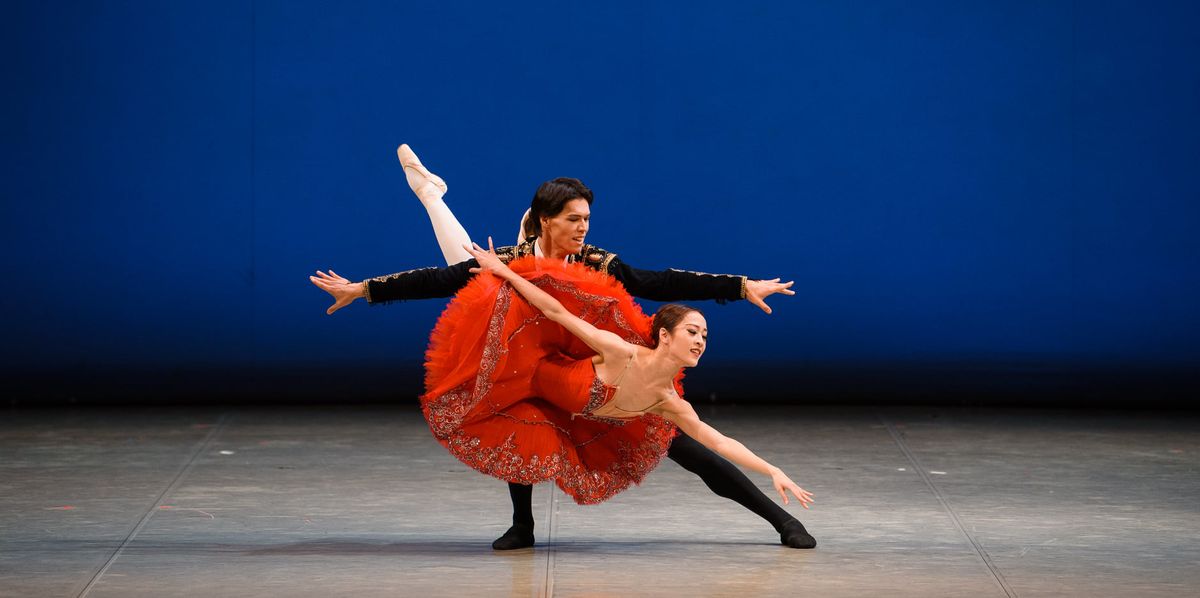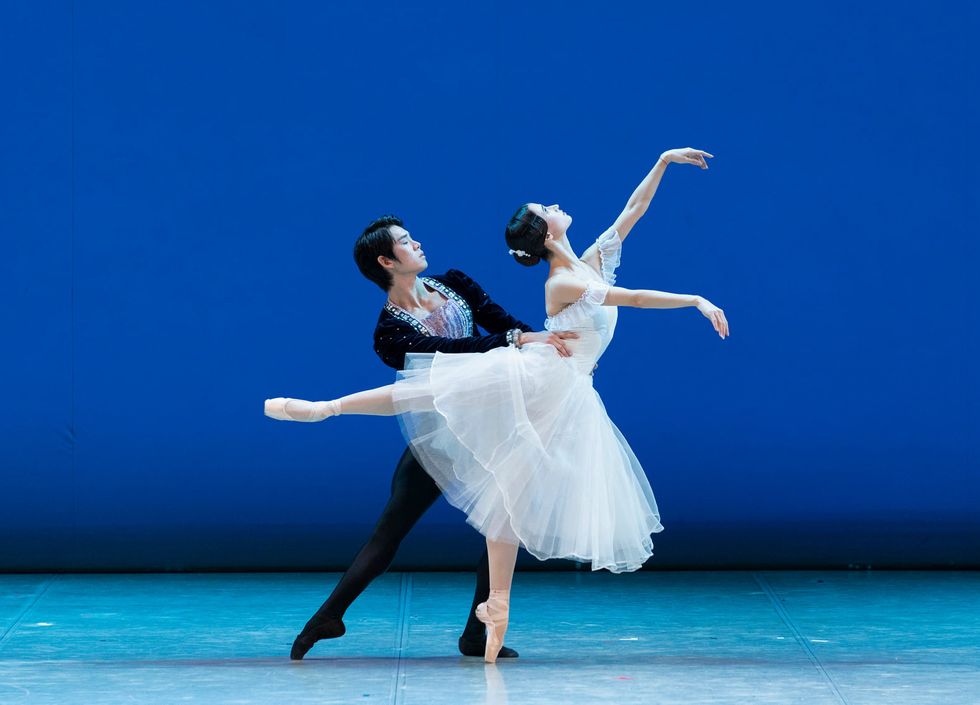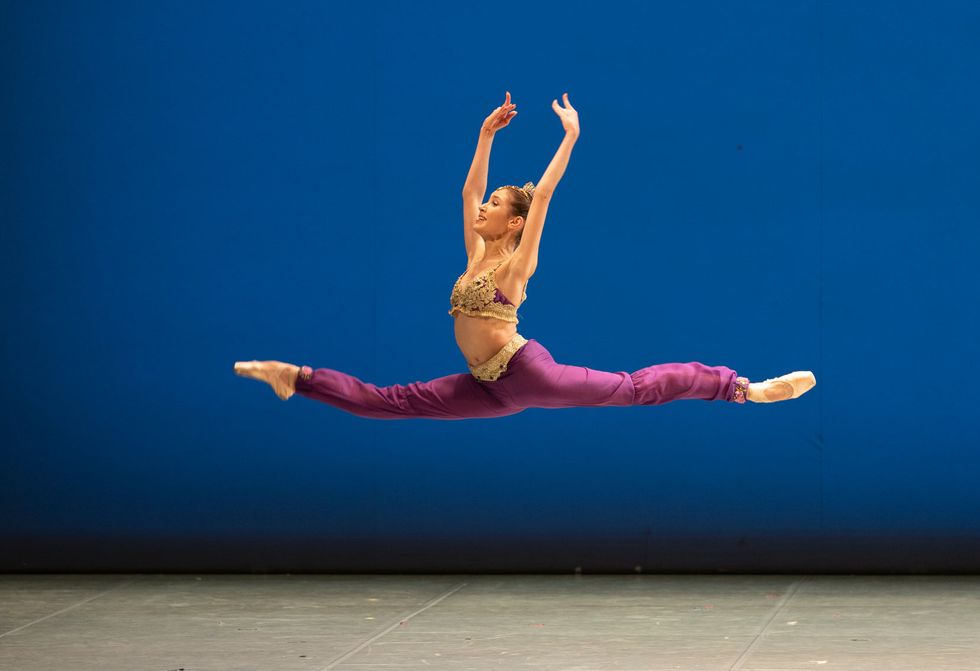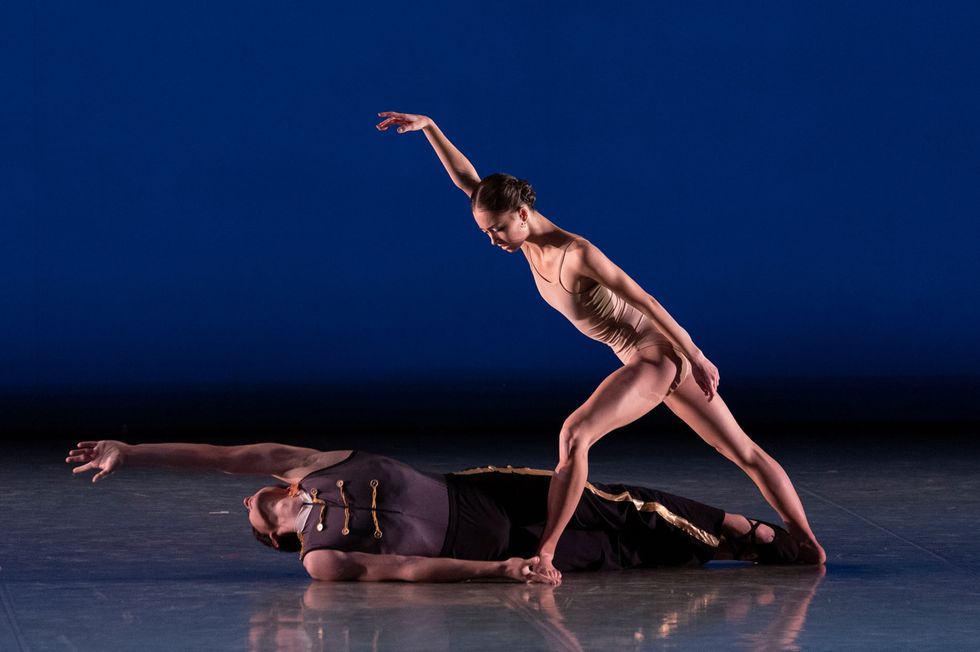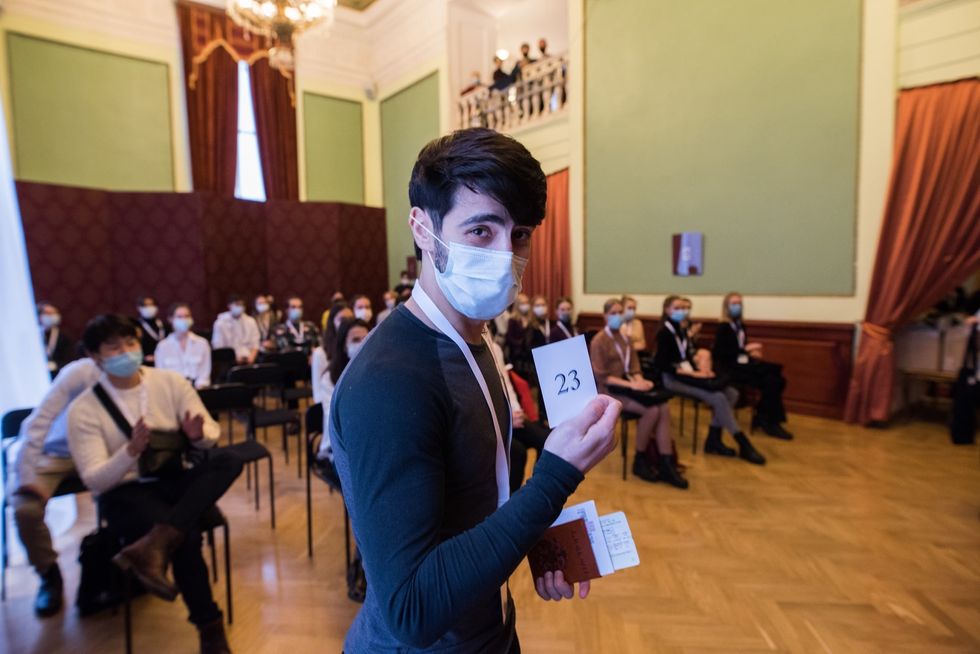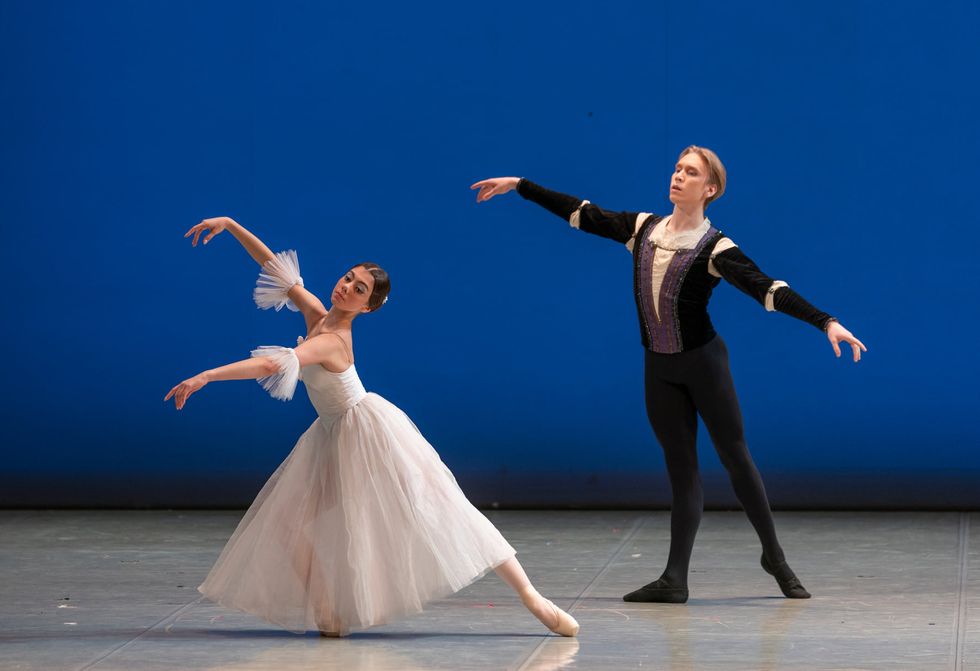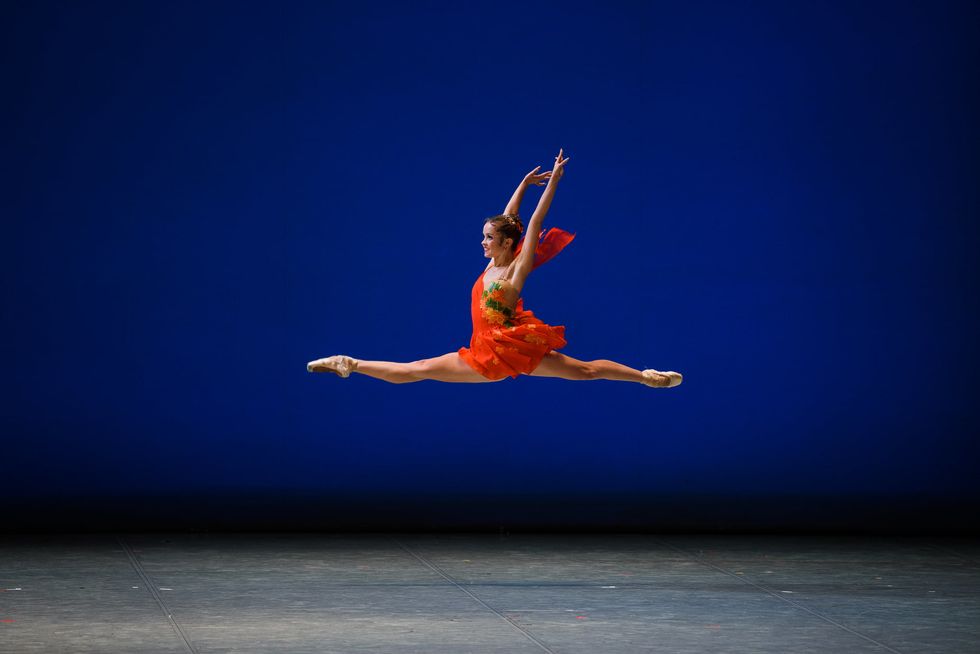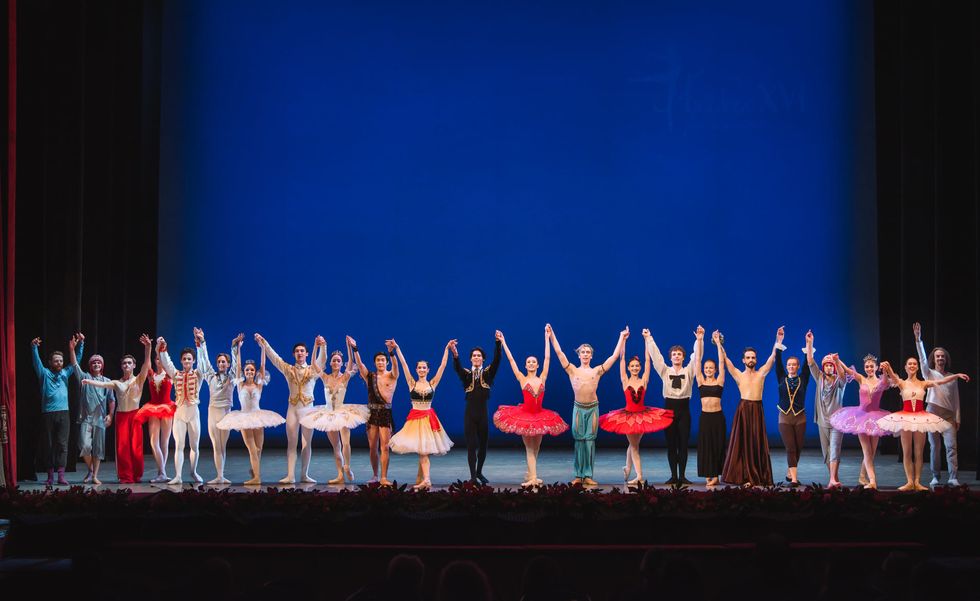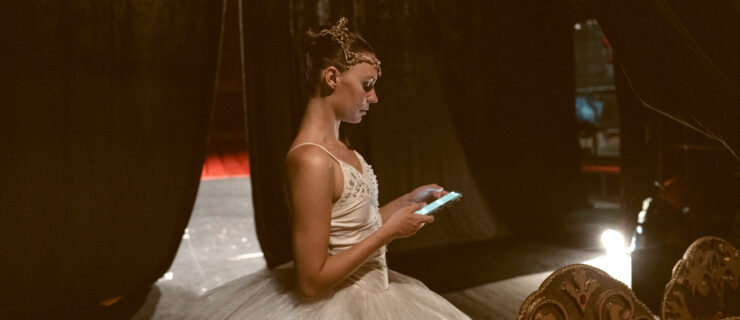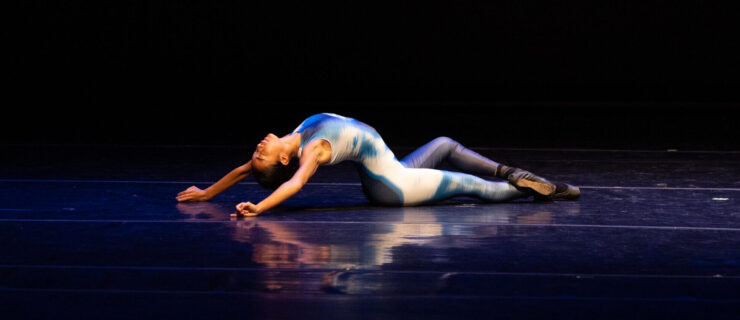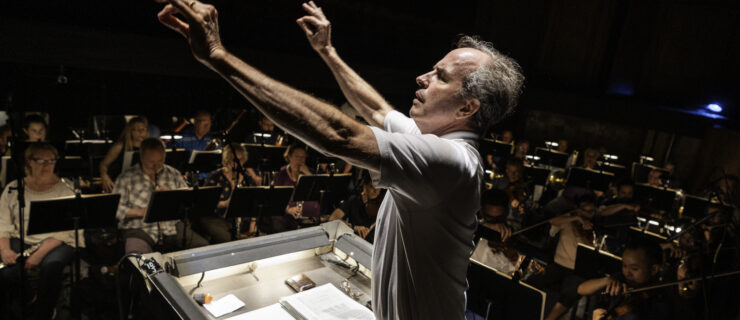Inside Arabesque-2020, One of Russia’s Top Ballet Competitions
Much like everything else this year, the XVI Russian Open Ballet Competition Arabesque-2020 was unlike any in its three-decade history. Rescheduled and shortened because of the coronavirus pandemic—and on the brink of cancellation until the very last moment—the competition nevertheless took place October 24 to November 2 at the historic Perm Opera and Ballet Theatre.
Arabesque-2020, which was originally scheduled for the spring, is one of the most prestigious international ballet competitions in Russia. Since its inauguration in 1988, it has attracted more than 1,400 young ballet dancers and choreographers. This year, due to the COVID-19 crisis, the competition rounds were held without an audience. But ballet fans could watch the second and third rounds, as well as the opening and closing gala performances, online. (All live broadcasts are now available for streaming on Vimeo.) Online viewers could also vote for their favorite participants and contribute to, and thus determine, the monetary size of the Audience Choice Award.
Pointe followed Arabesque-2020 online and spoke with its organizers and prizewinners via email to find out what it was like to hold a ballet competition during a pandemic.
Arabesque and Its History
Originally named after the great Russian ballerina Ekaterina Maximova (the full name is the “Ekaterina Maximova Arabesque Ballet Competition”), Arabesque is a biennial event that regularly draws hundreds of young dancers from Russia and around the world. They compete in two categories: junior (13–17 years old) and senior (18–25 years old).
Legendary Bolshoi dancer Vladimir Vasiliev serves as its artistic director and jury chairman. Vasiliev, now 80, has been closely involved with the competition for the last 30 years.
“The competition has become a launching pad for many dancers in their future careers,” says Vasiliev. Past prize- and diploma-winners include ballet stars like Maria Kochetkova, Daniil Simkin, Viktoria Tereshkina, Ivan Vasiliev, Vadim Muntagirov and Kimin Kim.
Arabesque-2020 by the Numbers
Initially, the organizers were expecting more than 300 participants from 27 countries, including the U.S. “There were so many applications for this year’s competition that we didn’t know how we would be able to evaluate everyone who had applied,” says Vasiliev. “But the pandemic has made its own adjustments.”
Because of the coronavirus, nearly 65 percent of the applicants couldn’t attend. Still, 107 young dancers and choreographers took part. They spanned 11 countries, including Argentina, Japan, Greece, Finland, Spain and the UK. Competitors from Russia hailed from 20 cities.
“Even though we had fewer participants, those who did come had a particularly memorable time here because they were eager to be onstage after a monthslong hiatus,” says Vasiliev. “I am really glad that we were able to give them this opportunity. And I enjoyed, as never before, seeing their desire and drive to become the best in their profession.”
.
Health Safety Measures
The organizers followed strict health safety protocols. In addition to providing a negative COVID test, all participants and staff were required to wear masks. (Dancers could take off their masks only during rehearsals and while onstage.) Temperature checks were conducted at the theater’s entrance, and access to the building was restricted for the entire duration of the competition. In the studios, special purifying devices were installed, cleaning air 24 hours a day; and sanitizers and masks were available in common areas. Spaces were disinfected before and immediately after each event of the competition.
Discovering New Talent
Seventeen dancers advanced to the third and final round of the competition, with winners announced on October 30. This year, the Grand Prix was not awarded. It has been given only three times in the competition’s history; its most recent recipient, Korean-born Kimin Kim, is now a principal dancer with the Mariinsky Theatre.
Kubanych Shamakeev and Liriy Wakabayashi, leading soloists with the Chelyabinsk State Academic Opera and Ballet Theater in Russia, were the undisputable favorites—and a true discovery—of this year’s competition, winning the jury over with polished duets from Don Quixote and Esmeralda. Shamakeev won first place in the senior men’s category and Wakabayashi placed second in the senior women’s (first place was not awarded). They also took first prize in the contemporary dance competition and received the Press Jury Award.
“We wanted to show not just a competition number but a true theatrical performance,” says Wakabayashi. Originally from Japan, she received her formal ballet training in Europe, graduating from the Royal Ballet School Antwerp in Belgium. While the pair say it was challenging to perform without an audience in the theater, they knew there was a live broadcast being watched by thousands of viewers online, including their families back home.

Wakabayashi and Shamakeev perform the Grand Pas de Deux from Don Quixote
Andrey Chuntomov, Courtesy Arabesque-2020
“When we learned that we had won prizes, we couldn’t believe it,” says Shamakeev, who was born in Kyrgyzstan and is a graduate of Kazakhstan’s Almaty Choreographic School. “Our happiness knows no limits! We celebrate our victory with our coach, Tatiana Predeina, to whom we are immensely grateful.”
Vasiliev thinks Arabesque-2020 will have special meaning for all of its participants. “I am sure that this competition, and the time we spent together in Perm in such unprecedented times, will be remembered by all of us forever.”
Check out the Arabesque-2020 classical category winners below. (The full list is available on the competition website).
Junior Women
Second prize: Viktoria Snigur, Diana Tovtyn
Third prize: Daria Chugunova, Uliana Moksheva
Junior Men
Second prize: Ivan Sorokin
Diplomas: Anastasia Kaplina, Bogdan Pleshakov, Tamila Shishkalova
Senior Women
Second prize: Liriy Wakabayashi
Third prize: Aleksandra Krisa, Kamilla Ismagilova
Senior Men
First prize: Kubanych Shamakeev
Second prize: Subedey Dangyt
Third prize: Algren Rasmus, Marat Safin
Diplomas: Natalia Pivkina, Ksenia Ring
